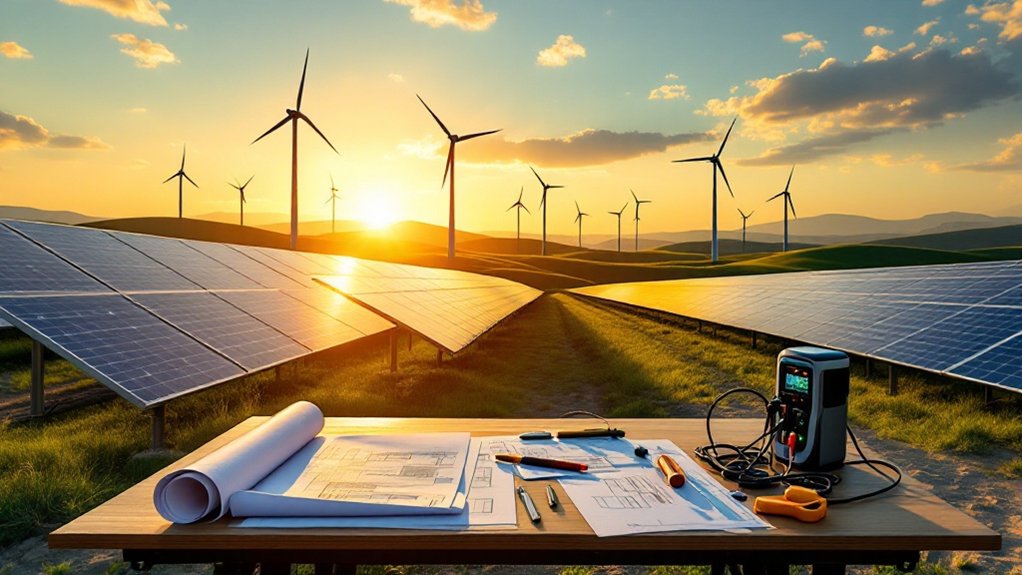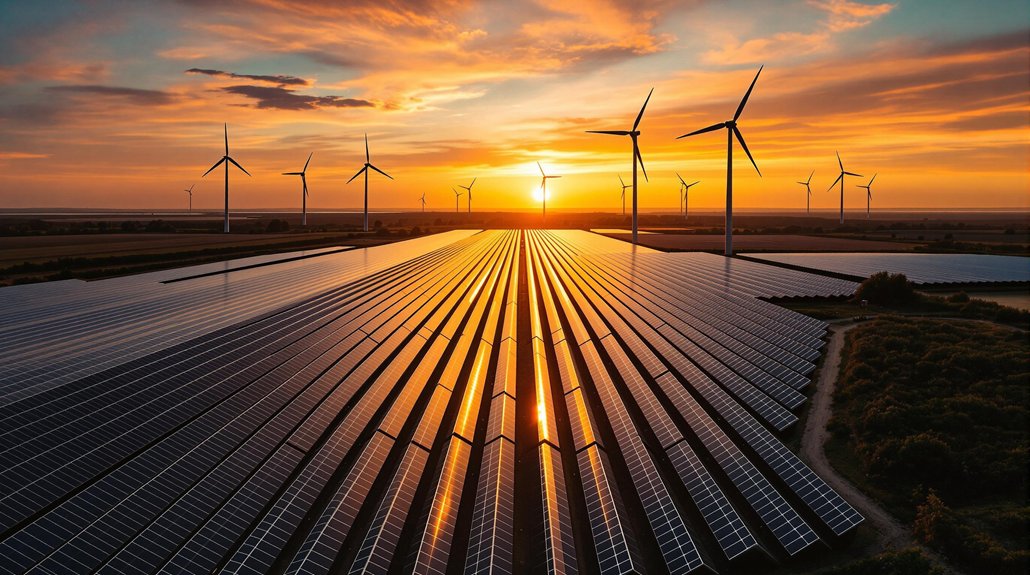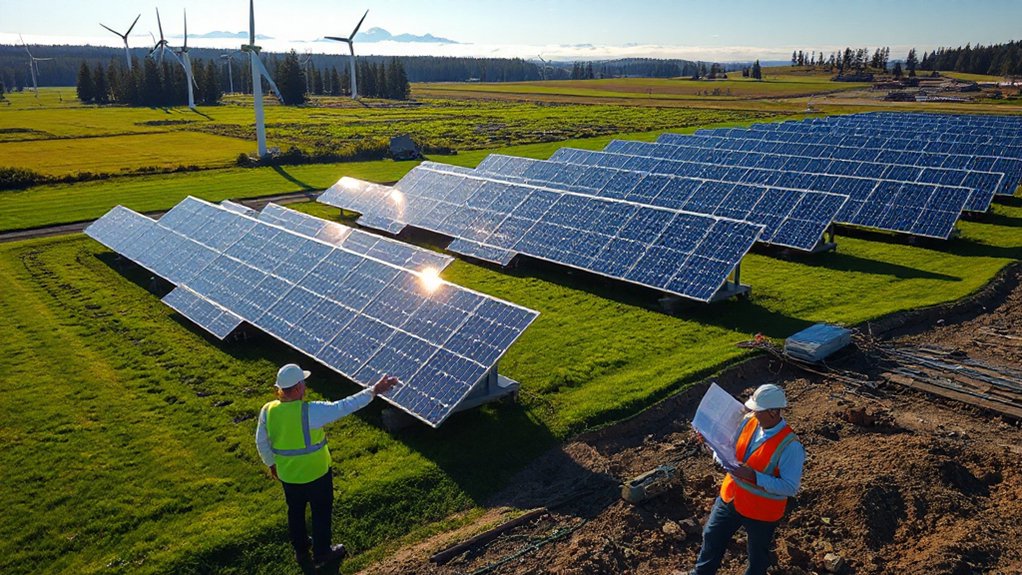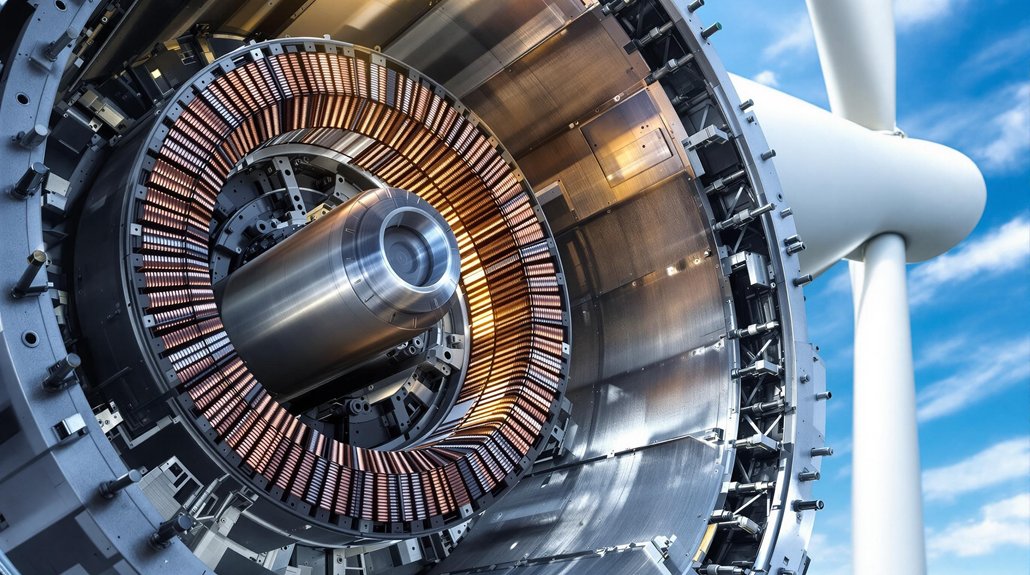Sustainable energy careers are expanding rapidly, outpacing traditional industries. The solar sector offers roles as installers, developers, designers, and sales representatives. Wind energy presents opportunities in research, policy, and technical positions. The Inflation Reduction Act created over 100,000 clean energy jobs in just six months. Educational pathways combining technology, business, and policy knowledge help professionals succeed in this growing field. Millions more sustainable energy positions are projected in coming years.

Dozens of exciting career paths are emerging in the sustainable energy sector as the world shifts toward cleaner power sources. Job growth in this field is outpacing many traditional industries.
Solar photovoltaic installers can expect 51% job growth between 2019 and 2029. These workers set up solar panels on rooftops and ground-mounted arrays. Other solar careers include project developers, systems designers, and sales representatives who help customers choose the right solar setup.
Wind energy offers even more diverse opportunities with roles facing skills shortages across multiple disciplines including government regulation, policy development, and research positions. Many leaders in this field gain specialized expertise through multidisciplinary programs that integrate technology, business, and policy knowledge essential for addressing complex sustainable energy challenges. The Inflation Reduction Act has already created over 100,000 clean energy jobs in just six months, with millions more anticipated as sustainability initiatives expand.
Frequently Asked Questions
What Degrees Best Prepare Me for Renewable Energy Jobs?
Degrees in renewable energy, electrical, or mechanical engineering are top choices for renewable energy jobs.
Environmental engineering and science degrees also provide good foundations.
For business roles, sustainability management and energy policy degrees are valuable.
Specialized programs in solar, wind, and other specific technologies are increasingly popular.
Many employers prefer candidates with technical skills and knowledge of sustainable energy systems.
How Does Salary Compare Between Fossil Fuel and Green Sectors?
The salary gap between fossil fuel and green sectors is narrowing.
Clean energy jobs pay 25% more than the national median wage, at $23.89 per hour versus $19.14.
Fossil fuel positions still pay slightly higher than renewables overall.
Solar workers earn about $24.48 hourly, while coal, gas, and petroleum jobs average $24.37.
Wind and grid modernization are among the highest-paying green sectors, with wages exceeding $25 per hour.
Which Sustainable Energy Fields Have the Highest Growth Potential?
Solar energy shows the highest growth potential among sustainable energy fields.
It’s adding 39.6 GW capacity in the U.S. in 2024. The sector employs 7.2 million people worldwide.
Battery storage is expanding rapidly too, nearly doubling U.S. capacity in 2024.
Geothermal energy is gaining attention with a recent 320 MW power purchase agreement.
Artificial intelligence is also creating new jobs across the renewable sector.
Are Remote Work Options Available in Sustainable Energy Careers?
Remote work options are increasingly available in sustainable energy careers. About 40% of renewable energy jobs now offer remote possibilities, with solar and wind industries leading the way.
Project management roles are most likely to be remote. There’s been a 70% increase in remote sustainable energy jobs since 2020.
Popular remote positions include renewable energy analysts, sustainability consultants, and clean technology researchers.
What Certifications Boost Employability in Green Technology Industries?
Several certifications can boost employability in green technology industries.
LEED and WELL certifications are valuable for building professionals.
Energy management credentials like CEM and CEA appeal to employers seeking efficiency experts.
NABCEP certifications are important for solar energy jobs.
The ISSP-SA shows understanding of sustainability principles.
These credentials demonstrate specialized knowledge that companies need as they adopt greener practices in various sectors.









